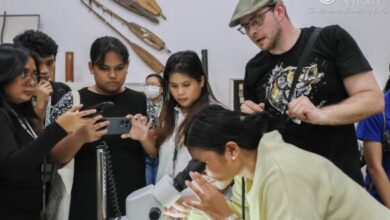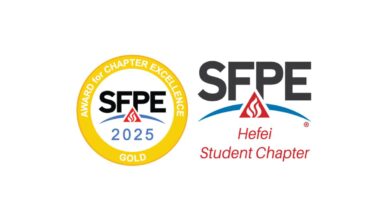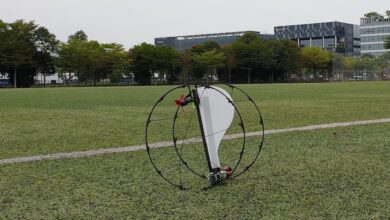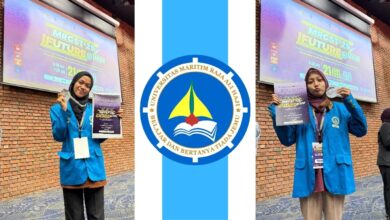Getting used to lab-grown food options might be necessary for Singapore’s food security: SMU president

SINGAPORE — The use of alternative food sources such as laboratory-grown products might be necessary so that Singapore may not be vulnerable to supply chain disruptions that have been happening during the Covid-19 pandemic, a professor said.
Professor Lily Kong, president of Singapore Management University (SMU), said on Tuesday (Aug 2) that people must get used to this idea of alternative food, just as they did when Singapore first decided to purify waste water and turn it into drinking water as one of the means to address water security.
Prof Kong, who specialises in social-cultural and urban geography, is also the deputy chairman at the Housing and Development Board.
She was responding to a question about her views on Singapore’s self-sufficiency and food technology plans, speaking as a panellist during a session titled, “What does the future hold for cities?”
It was part of the biennial World Cities Summit, now in its eighth edition, held at Marina Bay Sands until Wednesday.
The discussion, which involved mainly foreign panellists, was moderated by Mr Simon Baptist, global chief economist at The Economist Intelligence Unit, the research and analysis division of the company that publishes The Economist.
Touching on Singapore’s self-sufficiency, Prof Kong said that it was an existential one for the country.
More than five decades ago, as part of plans to make way for industrialisation in the early days after its independence, she said that Singapore made a conscious decision to do away with pig farms and source for food from the region.
“Now, what the pandemic has shown us is that (such a strategy to source for food) can be a real challenge. If your supply of chickens, eggs and water are turned off, then how are we going to survive?”
Prof Kong then spoke about how Singapore has dealt with water security, which includes recycling waste and treated water through the NEWater initiative.
However, aside from the technological and economic hurdles of coming up with such a solution to complement Singapore’s water supply, there was a psychological barrier that people had to overcome and to get the population to support the idea of using water that was once considered “not pristine”.
To read more: Today Online




